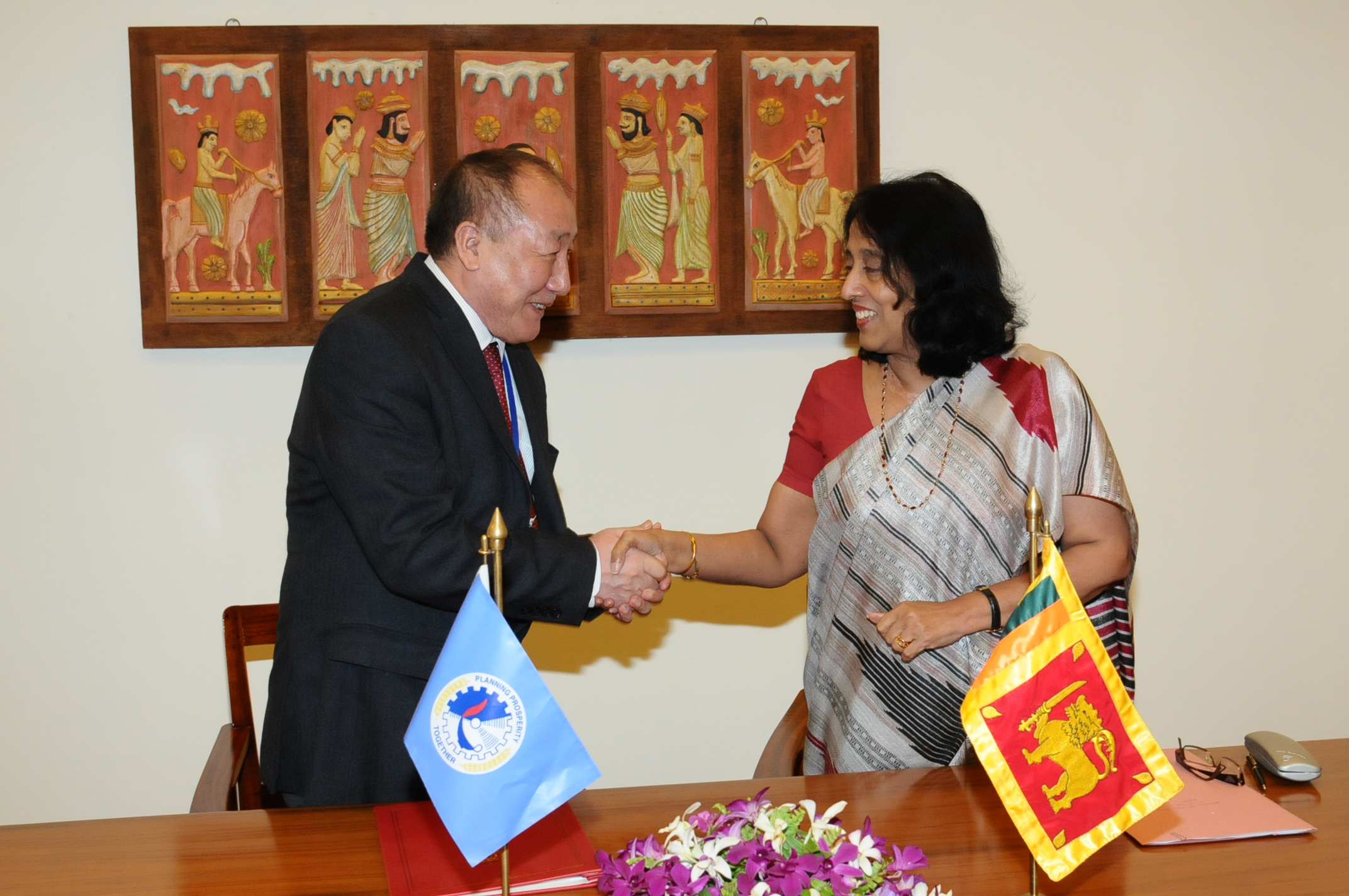The Foreign Secretary of the Kingdom of Jordan Moh’dTaisir Bani Yassin, visited Sri Lanka from May 18-20, 2016 for bilateral discussions with Sri Lankan officials. The visit is a part of the ongoing engagement between the two countries to explore new avenues for increased bilateral cooperation.
அமைச்சின் ஊடக வெளியீடுகள்
Visit of Senator Benedetto Della Vedova, Deputy Foreign Minister of Italy to Sri Lanka: 17-19 May 2016
Deputy Foreign Minister of Italy Senator Benedetto Della Vedova, is undertaking an official visit to Sri Lanka from 17-19 May 2016. This is the first high-level visit from Italy since the last visit of the Minister of Foreign Affairs of Italy in 2006. The visit to Sri Lanka will contribute towards renewing the longstanding bilateral relations between the two countries and open new avenues for increased trade cooperation.
JOINT PRESS RELEASE
|
Sri Lanka |
 |
The EU-Sri Lanka Working Group on Trade and Economic Cooperation met on 11 May 2016 in Brussels. The meeting, held in a friendly and constructive atmosphere, was co-chaired by Mrs. Sonali Wijeratne, Director General of Commerce, for Sri Lanka and Mr. Peter Berz, Head of Unit, European Commission Directorate General for Trade, for the EU.
Government allocates land for a permanent Secretariat of the Colombo Plan

The Colombo Plan, the only inter-governmental organization located in Sri Lanka has received a plot of land to construct its permanent Secretariat in Colombo as approved by the Cabinet of Ministers in 2014.
Two UN Special Rapporteurs to undertake a Joint Visit to Sri Lanka from 29 April to 7 May 2016
The Special Rapporteur on the independence of judges and lawyers, Mónica Pinto, and the Special Rapporteur on torture and other cruel, inhuman or degrading treatment or punishment, Juan E. Méndez, will undertake a joint visit to Sri Lanka from 29 April to 7 May 2016, at the invitation of the Government.
Minister for Foreign Affairs of Sweden Margot Wallström to visit Sri Lanka: 24-26 April 2016
The Minister of Foreign Affairs of Sweden Margot Wallström will pay an official visit to Sri Lanka from 24-26 April 2016 at the invitation of the Minister of Foreign Affairs, Mangala Samaraweera.
Message of Condolence for Earthquake in Ecuador
The Government and people of Sri Lanka are deeply saddened by the tragic loss of many lives caused by the sudden earthquake in Ecuador on 16th April.
The Government conveys heartfelt and profound condolences to the bereaved families of those who lost their lives.




